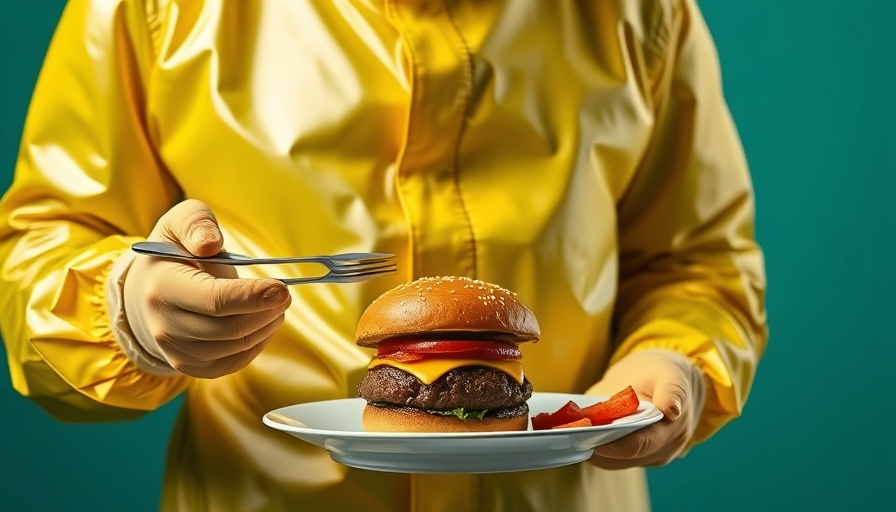
Understanding Toxins: Are They Always Dangerous?
Toxins are substances produced by living organisms that can be harmful or deadly to other living creatures. As digital nomads traveling through various countries and climates, understanding what constitutes a toxin is essential for maintaining your health on the road. Not all toxins are inherently dangerous; some can even be beneficial at low levels. For instance, certain bacteria produce toxins that can stimulate the immune system. Yet, when exposure exceeds safe limits—say through contaminated food or water—the same substances can lead to serious health issues.
Historical Context: The Evolving Definition of Toxins
The concept of toxins has evolved significantly from ancient times when harmful substances were often not understood. In the past, what was perceived as mere illness could stem from exposure to environmental toxins, like those found in moldy food or polluted water sources. This historical perspective provides valuable insight into our current understanding and response to toxins. For example, modern practices like food safety protocols and environmental regulations have significantly reduced exposure to known toxins.
Social Connection: Why Digital Nomads Should Care
As a digital nomad, you might encounter diverse environments—from bustling cities to remote locations—each with unique environmental risks. Hence, understanding toxins and where they might originate, like in contaminated water supplies or poorly processed foods, becomes crucial to your health. Empathy and awareness can transform your travel experiences, allowing you to make informed decisions about what you eat and where you stay, ultimately keeping you safe and healthy.
Common Misconceptions About Toxins
One common misconception is that all toxins are synthetic; however, many are naturally occurring. For example, plants like poison ivy and fruits like elderberries contain natural toxins intended to protect them from predators. It is crucial to differentiate between natural toxins that can be harmful in larger quantities and man-made chemicals that might have more lasting effects on health. Understanding these distinctions can not only improve your health choices but also deepen your appreciation for nature.
Actionable Insights: Practical Tips for Staying Safe
When packing for your travels, consider including a portable water filter or purification tablets, which can help you avoid waterborne toxins common in many regions. Additionally, educate yourself about local food safety practices and any environmental concerns specific to the areas you plan to visit. Apps that track air quality or local water safety can also be beneficial. By remaining proactive, you can safeguard your health while enjoying your nomadic lifestyle.
 Add Row
Add Row  Add
Add 




Write A Comment